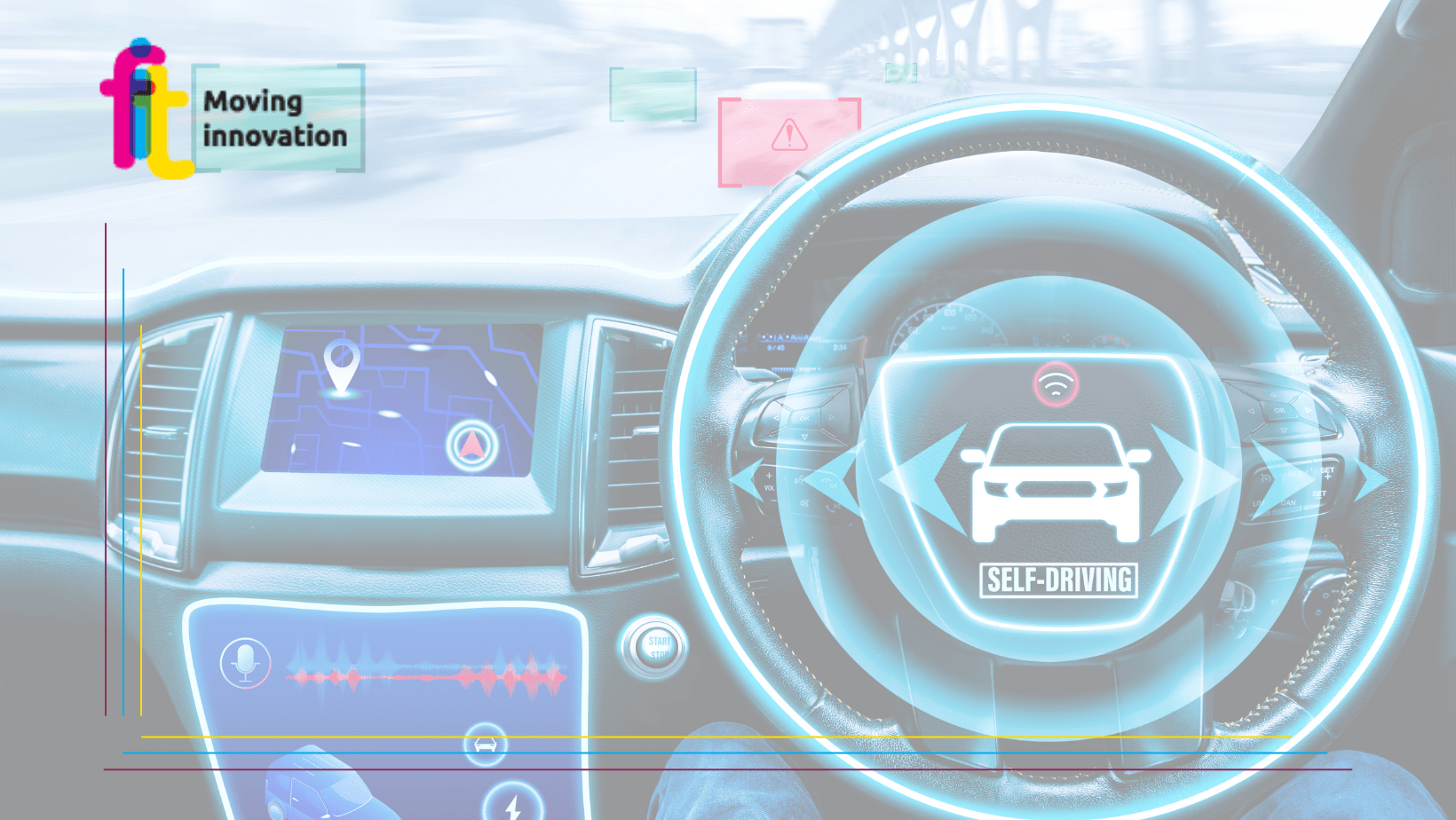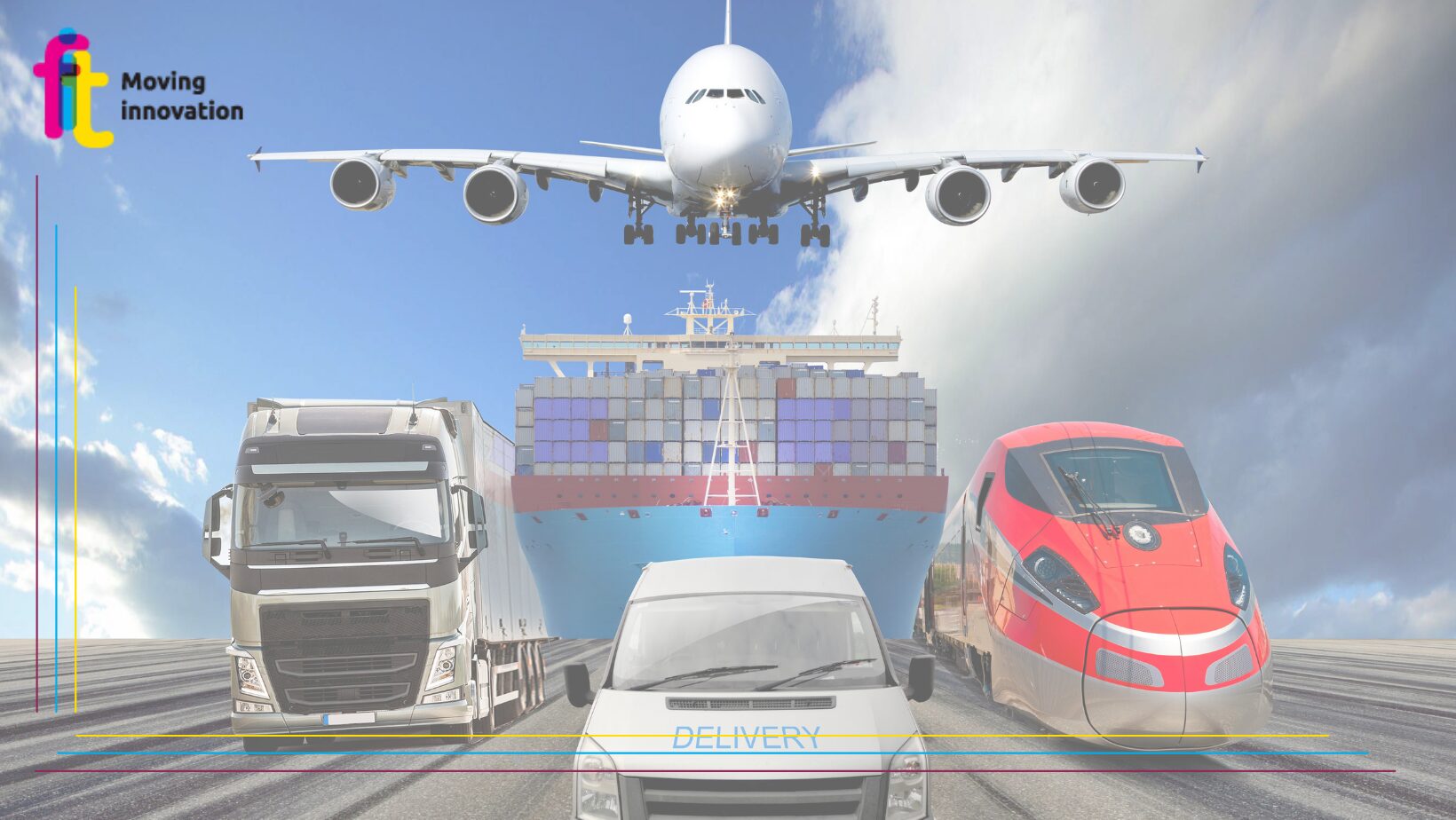For the first time, autonomous driving will be tested on a section of the A26 open to traffic. The news comes directly from Aspi (Autostrade per l’Italia) – the first concessionaire in Italy to allow this type of vehicle to circulate in accordance with DM 70 ‘smart roads’ – which is thus continuing the experimental phase for driverless vehicles.
The first road tests had started last July on the A26, where the self-driving car drove 20 km on a stretch where there are no tunnels. At the end of October, the trial continued for another 30 km, again on the A26, this time also passing through the Valsesia tunnel. The tests took place in a Maserati MC20 Cielo on the Voltri-Gravellona Toce stretch.
The experiment is based on communication between vehicle and infrastructure, with Rsu (Roadside unit) antennas also using 5G to provide the car with information on its location. The tests initiated will therefore provide information to Movyon (Aspi’s centre for research and innovation and a leader in ITS – Intelligent Transport Systems) to understand how accurately vehicles locate themselves on their route by detecting, for example, vertical and horizontal signs and Gnss satellite coverage in order to identify actions and technologies to be introduced along the motorway network to raise the level of safety.
As anticipated, however, the experimentation will now move to sections open to traffic. Early 2024 Movyon plans to carry out further open traffic tests in the galleria Valsesia (A26), to verify the reliability of the precision positioning of the car enabled by antennas distributed in the tunnel. Over the past few months, a system has been tested that allows the vehicle to communicate with the infrastructure in order to maintain the same level of autonomous driving, even in the absence of a satellite signal (as in the case of a tunnel).
«This experimentation,’ he explainedRoberto Tomasi, CEO of Autostrade per l’Italia – propels us into the future and revolutionises the concept of driving on the road. Our Group is testing solutions that will enable autonomous driving vehicles to ‘read’ events in advance, thanks to data transmitted by the infrastructure. This is another important step in the Mercury Programme, Aspi’s plan dedicated to innovation. The aim is to guarantee safer infrastructures, participating as protagonists in the mobility revolution in the name of decarbonisation, digitalisation and to guarantee services that are increasingly innovative and close to the needs of users’.
“The tests were carried out in maximum safety, in accordance with the requirements of the regulations,” also specifies the company, which is supported in this ‘smart roads’ testing process by the Milan Polytechnic (a university that recently obtained authorisation for this type of test), supported by theMIT Technical Support Observatory for smart roads and the connected and self-driving vehicle.
Source: Uomini e Trasporti








